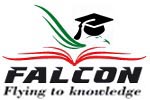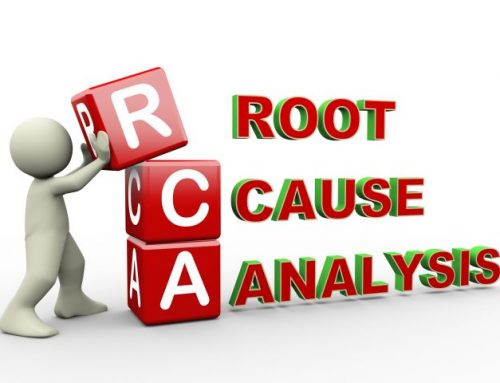Project Description
Why Attend
This course is designed to assist maintenance team responsible for delivering maximum reliability and availability of equipment at the lowest possible cost. The course will present techniques designed to improve the effectiveness of maintenance management activities, to ensure that physical assets perform their required functions, operate reliably, and support corporate goals. The sessions will focus on the modern methods and techniques on the most critical aspects of maintenance management such as Organizing maintenance resource, Selecting the right maintenance work, Analyzing failures, Setting and conducting a maintenance plan, Planning spare parts, Estimating and controlling maintenance costs, Computerizing maintenance planning and measurement operation.
Course Objectives
By the end of the course, among various achievements, participants will be able to:
- Apply the bottom-line benefits of maintenance planning, scheduling and work control as the core business process
- Perform the critical steps in the identification of necessary maintenance work
- Develop a proactive maintenance planning system to reduce costs, downtime and backlogs
- Apply proven performance measurement tools tailored to your maintenance conditions in order to guarantee the successful execution of maintenance work
- Manage scheduling and coordination as well as develop an accurate and reliable maintenance history through tracing and analyzing maintenance
- Improve turnaround performance by applying proven best practices
Who should attend
This course is designed to assist maintenance team responsible for delivering maximum reliability and availability of equipment at the lowest possible cost. It is intended for plant maintenance engineers, planning engineers, maintenance planners and maintenance coordinators.

Course Outline
- Framework for Maintenance Excellence
- Overall Philosophy
- World Benchmark/All Industries
- Maintenance Principles
- Work Environment
- Equipment
- Information Systems
- Elements for Effective Maintenance Planning and Scheduling
- Types of Maintenance
- Relationship Between Each Maintenance Type
- Maintenance Strategy Development
- Managing Maintenance
- Basic Principles
- Maintenance Business Model
- Business Elements.
- Business Plan
- R&M Policy
- Maintenance Plans
- Distinguishing Between Repairable and Non-Repairable Equipment
- Types of Equipment Failure
- Pareto Analysis
- FMEA
- Apply a Maintenance Assessment Process & a Proactive Maintenance Timeline
- Coordinate the Roles & Responsibilities of Maintenance Supervisors & Planners
- Mission
- Work Screening Procedure
- Work Request Requirements
- Equipment Plans Development
- Plan Options
- Approaches
- Planning Objectives
- Planning Effectiveness
- Planning Metrics
- Planners and Staffing
- Routine Maintenance Planning
- Define the Term Backlog & Its Relationship to Estimating
- Balance Manpower Demand
- Types of Schedules
- Work Execution Packages
- Maintenance Backlog
- Create Effective Job Plans
- Prepare a Detailed Job Plan
- Plan Individual Job Activities
- Objective and Actions
- Best Practices

The workshop
This interactive training course includes the following training methodologies as presented on the next column based on percentage of the total tuition hours:
Lectures
Workshops & Work presentation
Case Studies & Practical Exercises
Videos, Sofware & General Discussion
The course instructor may modify the above training methodology before or during the course for technical reasons with no prior notice to participants.
Falcon Consulting Professionals is established in Greece for the last 15 years in the areas of technical consulting and professional training for the local industries. Falcon is expanding in GCC, aiming to provide the best consulting and training solutions to the industries of the region. Falcon’s instructors are accredited trainers and highly experienced in their fields, as well as adult training. We aspire to build our business relationships on mutual trust. The achievement of results with an emphasis on innovation and sustainability, quality, cost analysis and time scheduling are non-negotiable from the conceptual phase of the training.








